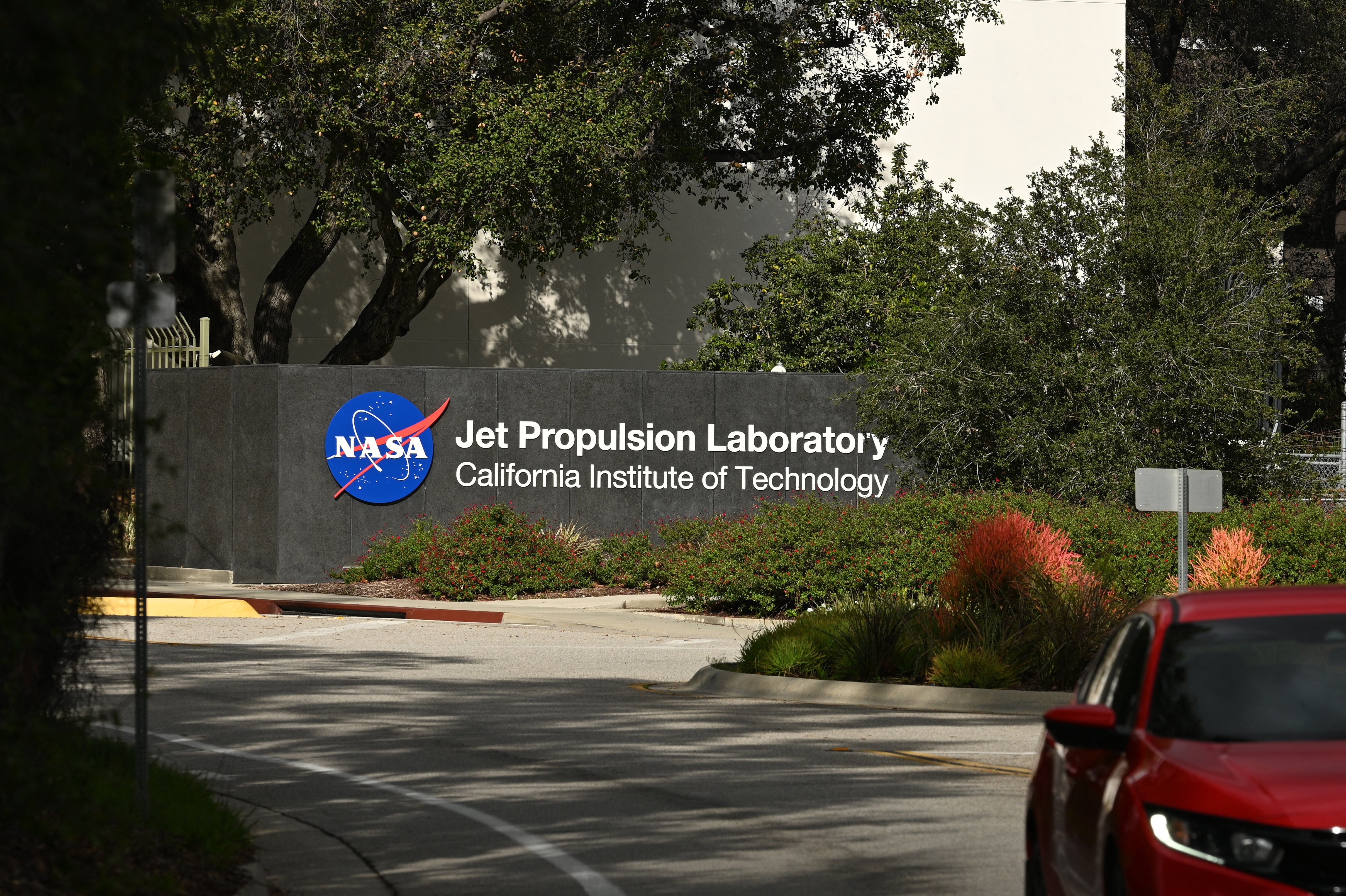NASA will soon be facing a major brain drain as more than 2,000 senior employees prepare to leave the agency amid a push to reduce its workforce.
Some 875 NASA workers work at the highest level of government and in managerial or specialized positions, POLITICO reported Wednesday, citing related documents the website had obtained. Furthermore, more than 1,800 serve in mission areas, such as science and human spaceflight, and the employees make up the majority of 2,694 civil staff who have agreed to leave NASA, POLITICO said.
Reacting to the report, Dr. Jessie Christiansen, a research scientist at Caltech/IPAC and chief scientist at the NASA Exoplanet Science Institute, told The Independent that losing senior staff members would leave “deep knowledge and expertise holes across all NASA centers and impact all NASA's strategic plans.”
“We have a direct and immediate precedent for how difficult it is to rebuild institutional knowledge once it has been lost with our plans to return to the moon. We are still trying to get back to the capabilities we had sixty years ago,” Christiansen noted.
NASA will not be releasing the number of individuals who take the Deferred Resignation Program before the offering window's closure on July 25.
The agency told The Independent that it remains committed to its mission, working "within a more prioritized budget."
The brain drain comes as the White House's budget slashes the agency's Fiscal Year 2026 funding to about half of its previous $7.33 billion allocation. The cuts come as President Donald Trump has led a push to reduce the federal budget and shrink the government's workforce.
“There is no set target number for the [resignation program]. This program is a voluntary opportunity available to NASA employees,” spokesperson Bethany Stevens said.
“We are working closely with the administration to ensure that America continues to lead the way in space exploration, advancing progress on key goals, including the moon and Mars,” she added.
The report’s findings come after leaders at NASA facilities told employees they already expected impacts and the Fiscal Year 2026 budget. A reduction in force at NASA, led by the Department of Government Efficiency, was initially delayed in February before the first layoffs in March, closing the Office of the Chief Scientists and Office of Technology, Policy and Strategy.
“Indiscriminately firing the next generation of NASA scientists, engineers and wider team members is exactly the wrong step to secure America's leadership in space — just as competition with China is reaching fever pitch,” George Whitesides, NASA’s former Chief of Staff, said in a post on X reacting to layoffs in February. “These employee terminations, like the layoffs of nuclear workers at the National Nuclear Security Administration, bird flu workers at USDA, wildfire GIS workers at the Forest Service, and weather forecasters at NOAA, will only make America weaker.”

If NASA’s budget passes through Congress, the agency is expected to see blows to crucial initiatives that have been the product of decades of its research.
Those would include 41 space missions, the agency’s climate monitoring satellites and top climate lab, the ongoing Mars Sample Return mission and upcoming missions to Venus.
In response to the budget, which would eliminate 47 percent of its science budget, all living former NASA science chiefs penned a letter condemning the cuts, calling on Congress to preserve U.S. leadership in space exploration and to reject the cuts.
“Continuing this support of space science is critical both in terms of leveraging existing activities while also planning and implementing future investments in the next generation of U.S. scientists and engineers who will lead the world in space science,” they wrote. “To do otherwise would be to cede U.S. leadership in space and science to China and other nations, to severely damage a peerless and immensely capable engineering and scientific workforce, and to needlessly put to waste billions of dollars of taxpayer investments.”
Astronomers call for help identifying mystery object that may have just crashed into Saturn
Astronauts perplexed as long-dead Nasa space probe suddenly emits powerful energy blast
Netflix partners with NASA as space agency looks to boost rocket launch viewership
NASA shuts down X accounts as fears swirl about massive cuts to science initiatives
Man behind Ross Perot’s campaign gives Musk third-party advice
Vance’s old tweets show why the ‘Epstein list’ is becoming such a problem for Trump
MAGA influencer Charlie Kirk blames DEI for Texas flood death toll







